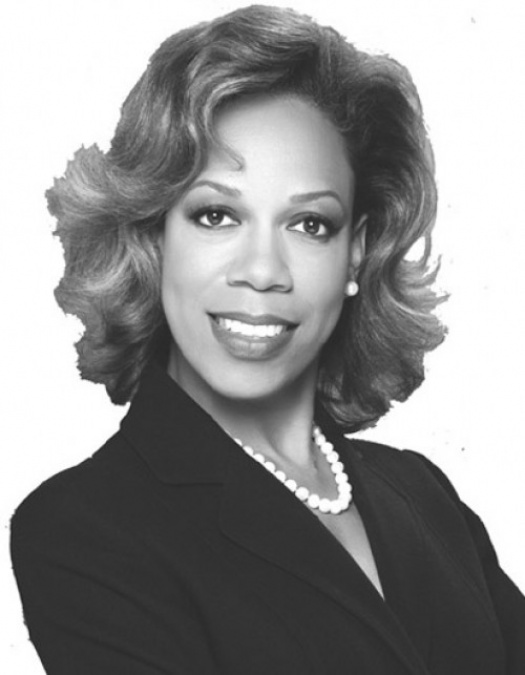
Iam a byproduct of the Black church. In fact, I don’t know where I would have ended up without that foundation, that rock that helped me to become the woman I am today. Earlier this week, I sat down with the editorial board of a Chicago business journal t
But before we could begin, a reporter asked me: “What do you think about this Barack Obama and Rev. Wright issue?” I could have avoided answering the question, but my spirit wouldn’t let me.
First, as African Americans, our spiritual connection has historically been the first line of defense against the inequities we face in disproportionate numbers even now, more than 150 years after slavery was abolished. In times of trouble, many of usûnot all, certainlyû don’t pick up the phone and call our therapist.
We call on God. We take our problems to the church. We kneel down and take the person’s hand next to us and symbolically place our troubles at the altar. It is a scenario played out in Black churches every Sunday, this ritual of coming together, addressing our past, facing our fears, and looking for healing.
The Black church gives us the support, the message and the tools we need to go out and face another week. Trinity United Church of Christ is no different.
But perhaps an even more important lesson to be understood from the recent news stories about both Rev. Jeremiah Wright’s and Geraldine Ferraro’s racially inflammatory comments are that they are emblematic of the country’s racial tensions, the pain and frustration in the Black community and a lack of understanding and acknowledgment of that pain by members of the majority community.
For sure, reactions to this debate, so far, have been disheartening. Yet, there is reason to hope. Sen. Barack Obama (D-Ill.) and all that he embodies could help this country bridge the racial divide. Sen. Obama is sensitive to our collective and painful past but at the same time is symbolic of the next generation that is ready to evolve beyond what separates us.
Wright’s experiences as a Black man in America, as Obama pointed out, were borne out of a different time, one marked by more blatant racial strife and hatred against Blacks that is in many ways still evident today.
So, yes, there is a generational gap in thinking among African Americans, which makes us not unlike members of any other community facing struggles, laying blame and looking for solutions. This gap in generational thinking is equally apparent in the white community, evidenced by the huge number of young adults who are supporting Obama’s campaign.
For African Americans, building a bridge to a better tomorrow will certainly include the Black church, because the church plays such an essential role in the educational and economic development of African Americans.
Obama was moved to address the controversy of race head-on. I believe that he did address it thoughtfully and with a genuine sense of concern balanced with a sense of optimism about where the country is headed in his speech on Tuesday in Philadelphia.
An important part of his message was the Black community’s allegiance to the Black church, its restorative powers and its ability to lift up and inspire people across generations to believe in a better future for themselves and for America. The Chicago Urban League recently entered into a partnership with Chicago’s Black churches, Trinity among them, to extend our outreach into the African American community.
Known as the Partners In Faith initiative, participating churches host Urban League Sundays events, during which congregants can sign up for free and gain access to the League’s entrepreneurship and workforce programs.
The League has signed up more than 5,000 members in the last four weeks. I believe that the generation that benefited from past unrest is an important link in efforts to bridge the chasm of race and move the country forward.
I am 43 years old, and my generation understands the pain of the past and race-based challenges but is also interested in and, in some cases, better positioned to form cross-cultural alliances in ways that go beyond race.
The state of Black America is troubling to African Americans across generational lines. Though we may not always agree, the experiences and opinions of more senior members of the Black community can inspire the next generation to go to college, to start businesses, or to establish philanthropic endeavors. The race debate is in full swing. The debate, itself, is not a bad thing but the timing is troubling.
This discussion is being waged during a high-stakes election season in which the motives and the rhetoric may be, at times, disingenuous and self-serving on several fronts. Throughout it all, the Black church will go on being a depository for our despair and a conduit for uplifting and empowering the faithful.
______ Copyright 2008 Chicago Defender. All rights reserved. This material may not be published, broadcast, rewritten, or redistributed.

